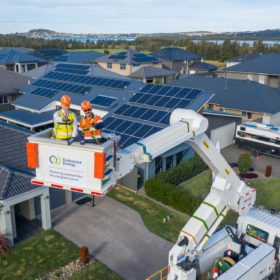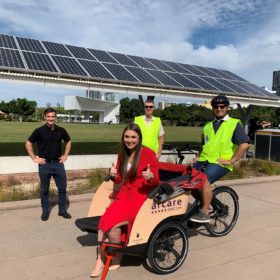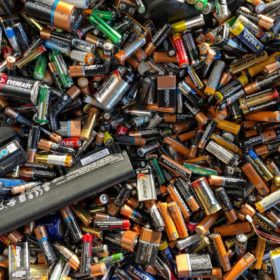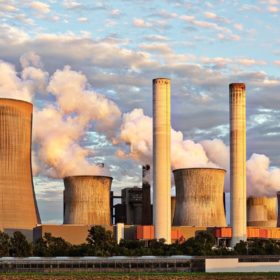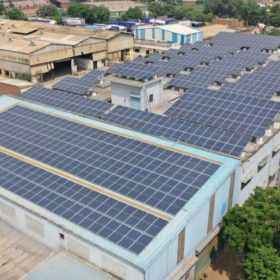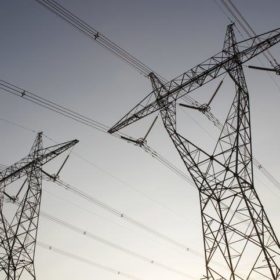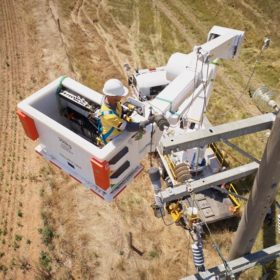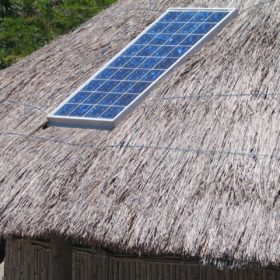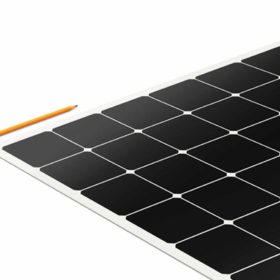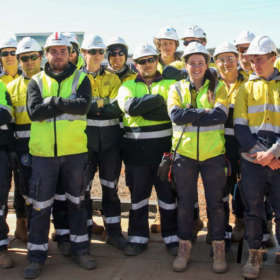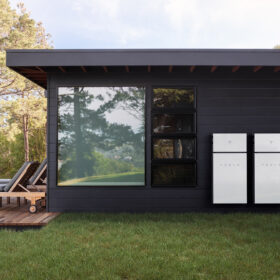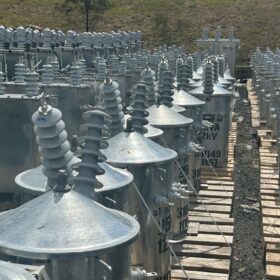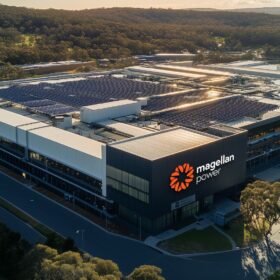Saturday read: In conversation with UNSW’s Anna Bruce on distributed transformation
The time is now for the energy consumer, says Anna Bruce, as energy “prosumers” produce, consume, and provide electricity and grid services in previously unimagined ways. Bruce, a senior lecturer at the University of New South Wales’ School of Solar Photovoltaic and Renewable Energy Engineering (SPREE), leads work on the role of distributed energy resources in the energy transition, analysing firsthand the dizzying level of complexity it brings.
Queensland launches “Climate Action Plan 2030”, or at least, the website for a plan
The Queensland government released its Climate Action Plan 2030 online yesterday, an apparent roadmap for the Sunshine State to meet its renewable 2030 and 2050 targets while creating jobs and helping the economy recover from the impact of Covid-19. But is the Action Plan merely a plan to take action?
Federal government launches Battery Stewardship Scheme
Assistant Minister for Waste Reduction and Environmental Management, Trevor Evans, has announced a newly accredited Battery Stewardship Scheme that he says will triple the battery collection rate over a period five years and divert 90% of the collected materials from landfill.
The trillions spent by G20 nations on fossil fuels from 2015 to 2019 could have paid for more than 4 TW of solar
Polluting energy sources received more than $3 trillion from the EU and 19 of the world’s largest national economies over that four-year period, despite G20 members having pledged to phase-out fossil fuel subsidy and address climate change back in 2009.
Commercial and industrial rooftops in India could deploy 1,875 MW of solar in 2021
According to a new report, India’s commercial and industrial sectors will increase their rooftop solar deployments by 47% year-on-year, with bifacials and large-size high-wattage modules offering cost-effective support for reducing electricity costs.
ESB’s final advice on market redesign draws criticism
With rooftop PV and large-scale solar helping drive the penetration of renewables in Australia to record highs, the Energy Security Board has delivered its final advice on its redesign of the National Electricity Market but the some of the proposed reforms have drawn criticism from the renewable energy sector.
Spark welcomes takeover talks as buyout bid reaches $5.2 billion
Australian electricity network owner Spark Infrastructure looks set to be sold off after it declared it will welcome other acquisition proposals if a $5.2 billion takeover bid launched by a North American investment consortium fails.
Solar manufacturers warn of 12-18 months disruption for standalone products
Potential price rises of 14% for the solar home systems that are driving access to electricity in the world’s under-served regions could signal further arrested progress towards the UN goal of universal access by 2030.
‘Stick-on’ solar panels in France secure EU funding
The TotalEnergies-controlled solar manufacturer will secure an, as yet undetermined chunk of a new €118.6 million low-carbon innovation fund to start producing its frameless, glass-free solar roofing products at Porcelette, in northeastern France.
Queensland approves $23 million renewable energy training facility
The Queensland government has approved a new “state-of-the-art” renewable energy skills centre in Brisbane, which will provide training to prospective and current electrical workers to enter clean energy industries.
